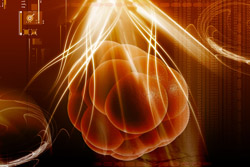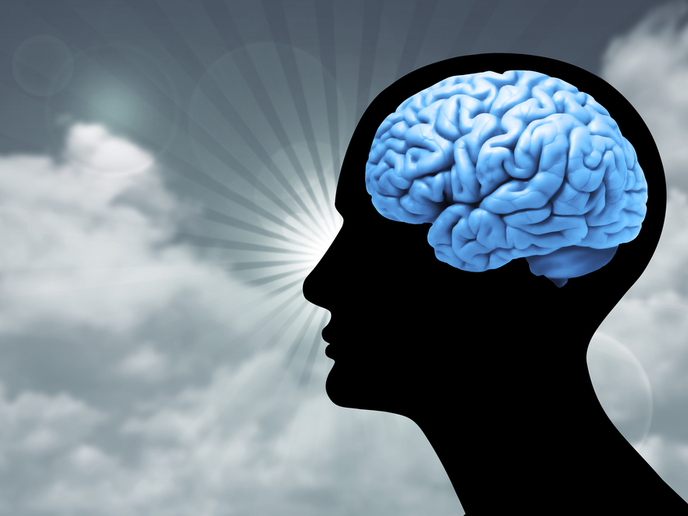We are as old as our stem cells
Tissue homeostasis and regeneration are two processes governed by a specific sub-population of tissue-resident stem cells. These cells have the capacity to self-renew as well as to differentiate to give rise to most cells in the tissue. This choice is mainly governed by the signal they receive from their immediate environment. With ageing, the regenerative capacity of these cells is believed to diminish, giving rise to many disorders, including cancer. Cancer and chronic inflammation are associated with a decline in immune system function that, in turn, is regulated through the concerted interaction of hematopoietic stem cells (HSCs) and the bone marrow microenvironment. The principal goal of the EU-funded 'Early warning signals of ageing in human stem cells and age-related disorders' (SYSTEMAGE)(opens in new window) project is to understand the molecular mechanisms of ageing in hematopoietic stem cells. In this context, the partners are using HSCs and their bone marrow microenvironment as a model to investigate the impact of ageing. As a first step, partners have isolated different bone marrow cell populations from young and elderly individuals and are in the process of analysing them using transcriptomics, proteomics and metabolomics. This information will be utilised to understand the age-related disorders myelodysplastic syndrome (MDS) and B-cell chronic lymphocytic leukaemia (B-CLL), and to define the deregulated pathways. Another part of the project is dedicated to the development of novel mouse models of ageing. Scientists will determine the epigenetic modifications in cells from young and adult mice, and also use these models to test novel, targeted strategies for the treatment of age-related diseases. Combined, these data will become integrated to generate computational models for the in silico studying of ageing. Overall, through basic and translational studies, multi-level omics analyses and drug discovery, SYSTEMAGE will provide a global view of the processes involved in physiological and pathological ageing. This is vital for understanding the aetiology behind age-related disorders.







